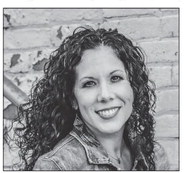Colby school board candidates attend Q & A


The topics were wide ranging, and spanned issues ranging from English Language Learner and Dual Language Learner courses to thoughts on open versus closed campus and also issues of...


The topics were wide ranging, and spanned issues ranging from English Language Learner and Dual Language Learner courses to thoughts on open versus closed campus and also issues of...